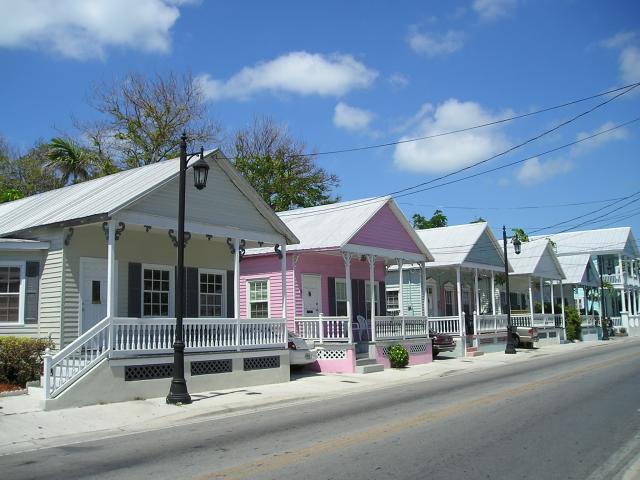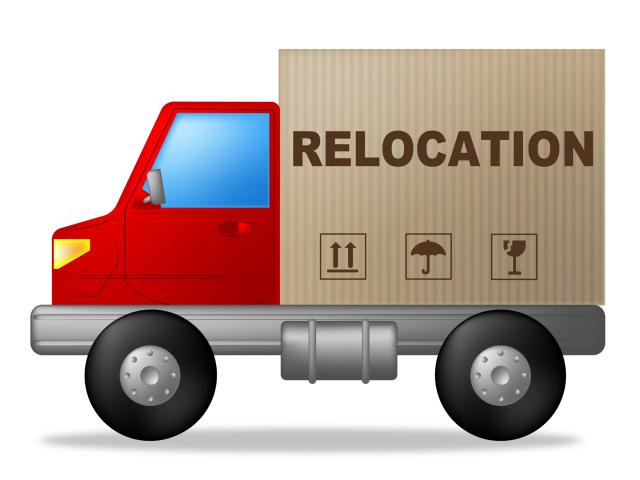Real estate in the nation’s capital is enjoying a banner year, according to all indications, and expectations are that the good times will continue — at least for sellers. It’s not only the city but the entire metropolitan area, including sought-after Maryland and Virginia communities, that are currently experiencing fast sales and rising prices. Combine that with near record-low inventories, and it is a classic seller’s market.
The picture is not quite as rosy for buyers, however. Sales are brisk, averaging well over 8,000 homes closed during the last several 30-day periods. Nearly 9,000 homes were sold during June, and week over week sales increased 3.5 percent, according to the July 8 Homesnap report. Close-in Fairfax County, in Virginia, is a consistently high performer, even beating its own week-over-week record on a regular basis.
In June, there was some concern that the market was showing signs of weakening after a strong start to 2017. And, to be fair, sales numbers were down slightly for a week in June, but have since rebounded. Inventory is down to a two-month supply, and median sales price for the area continued a 12-week upward trend.
Overall Figures Reflect Strength
While market conditions vary by specific locale and by housing type, the median list price for all homes currently on the market is $450,000, up from $439,000 one year ago, but lower by 2% than one month ago. The median price has trended upward, though, since January 2017, which marked the low point since July 2016.
Among active listings, average time on market is 131 days, and there are nearly as many new listings as there are price reductions. New listings are lower than previously by nearly 10 percent, and the number of reduced price listings is down 2.7%.
The median list price of detached homes is $545,000, with average days on the market only at 96.
Townhome and condo sales and prices are equally strong: $390,000 and 58 DOM; and $320,000 with a DOM of 63, respectively.
The Investment Picture
In the Washington, D.C., metropolitan area, as in many other parts of the country, it is the Millennial generation and Baby Boomers who are the driving forces in the real estate market. Although the reasons are quite different, the two age groups exhibit many of the same preferences. They tend to prefer locations near the urban core, although close-in suburban communities are finding new favor with young working singles as well as families.
Empty nesters and soon-to-be-retired couples are, in many cases, downsizing by trading their suburban homes for an in-town apartment, condos, and townhomes in order to be near cultural amenities, shopping, restaurants, and nightlife, as well as to maintain former business ties.
Spending on remodeling and improvements to sell is forecast to have a major impact on the economy during the second half of the year. When the available housing supply dwindles, a high percentage of buyers, young and old alike, decide to remodel rather than wait for the “perfect” home or take a chance of being priced out of the market. Based on a report from Harvard University’s Joint Center for Housing Studies, senior homeowners, those aged 65 or older, will be responsible for one-third of total remodel dollars spent in the nation by the year 2025.
In addition, total expenditures by all age groups are expected to rise by at least $48 billion over 2015 spending. The lesson to be learned? In a tight housing market, if you can’t easily find the perfect home, simply remodel what you find to be acceptable. If current trends continue in the DC metropolitan area, home improvement may become the new normal.
Read More :























